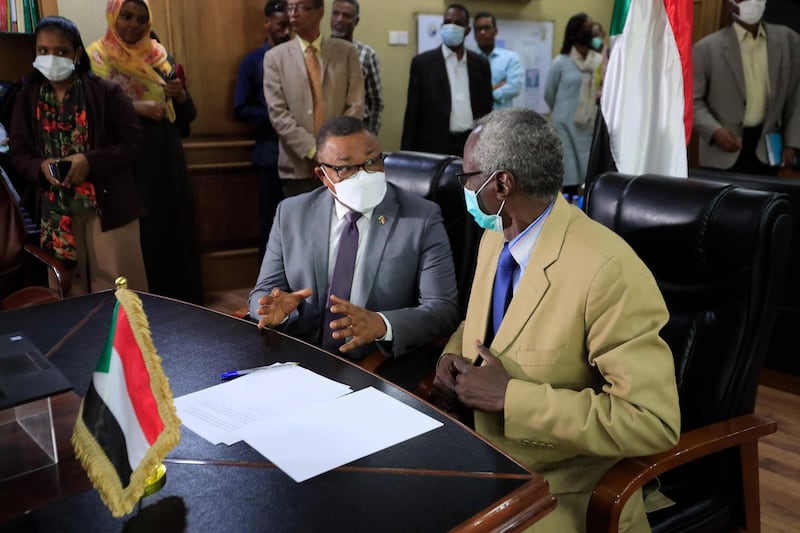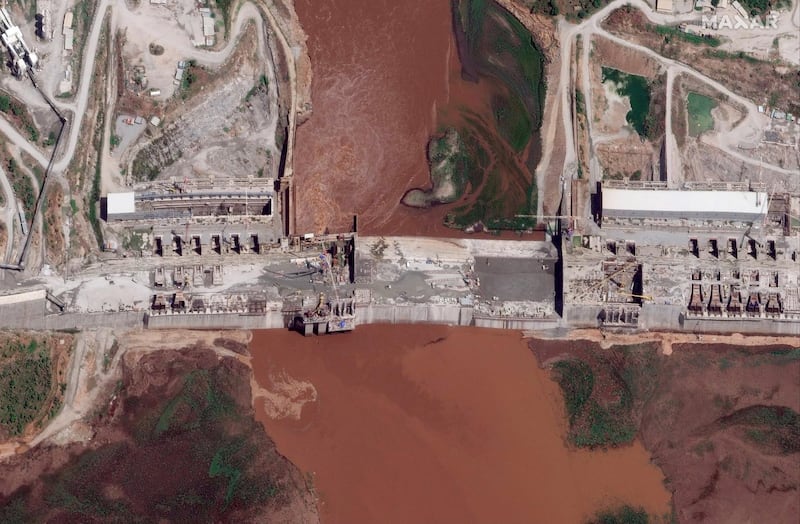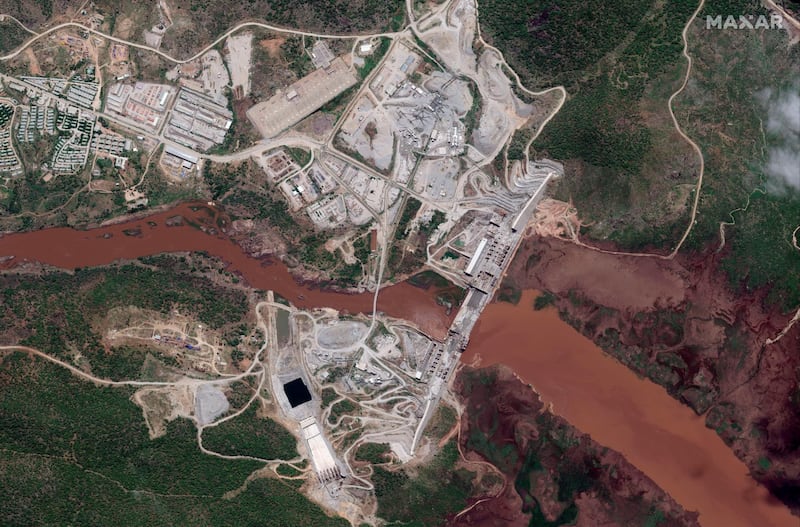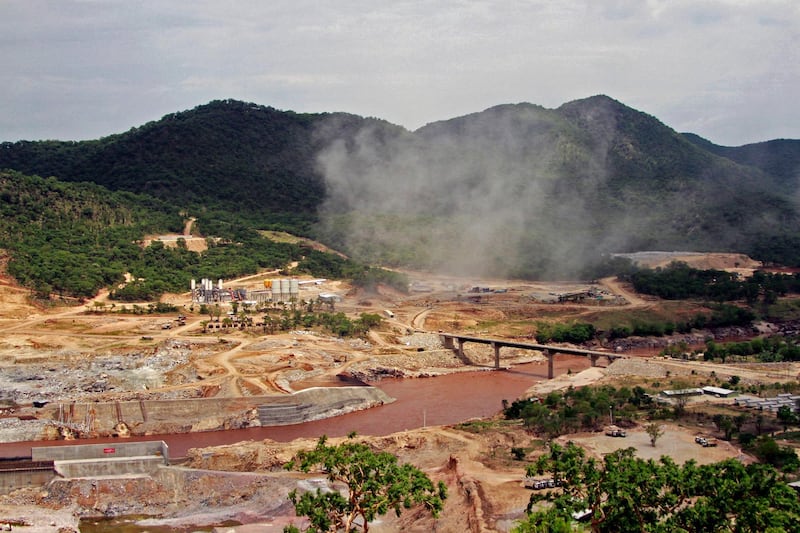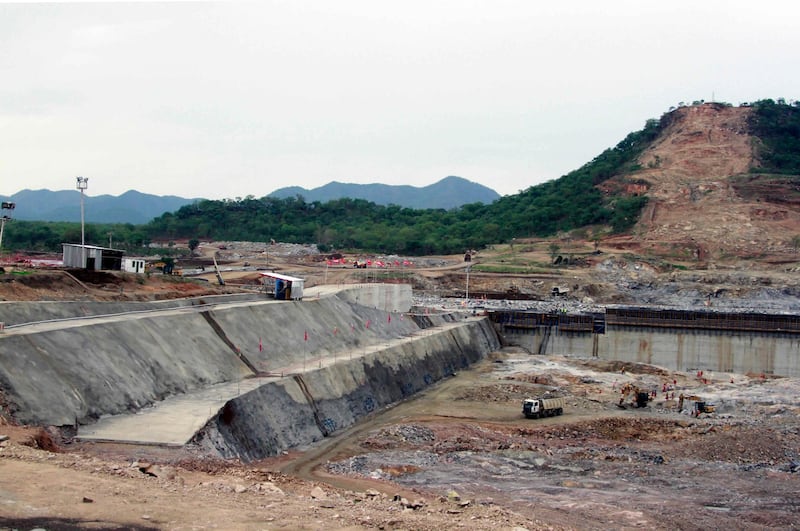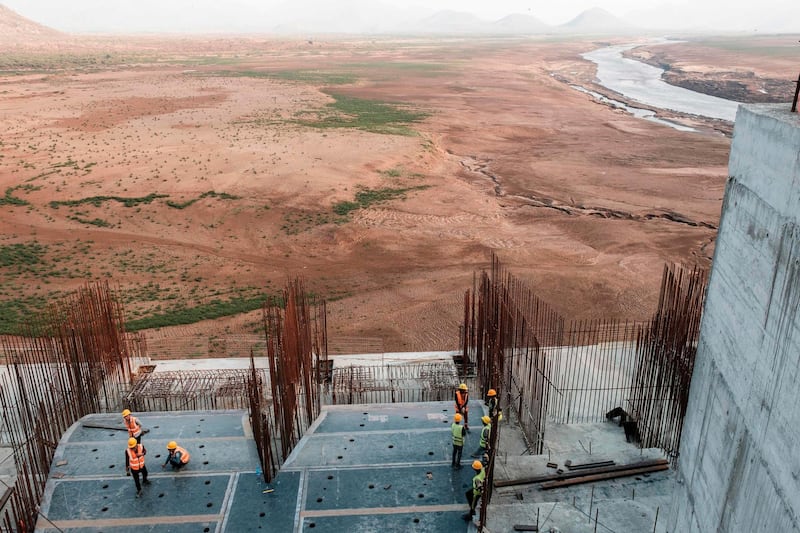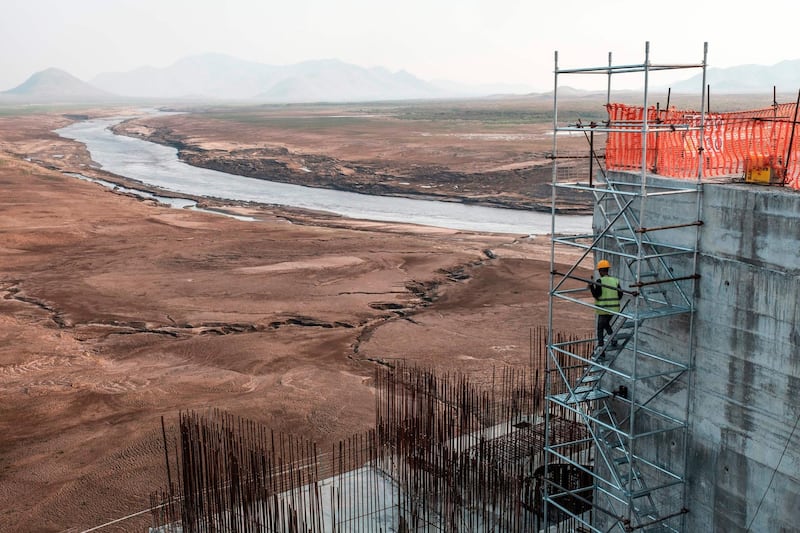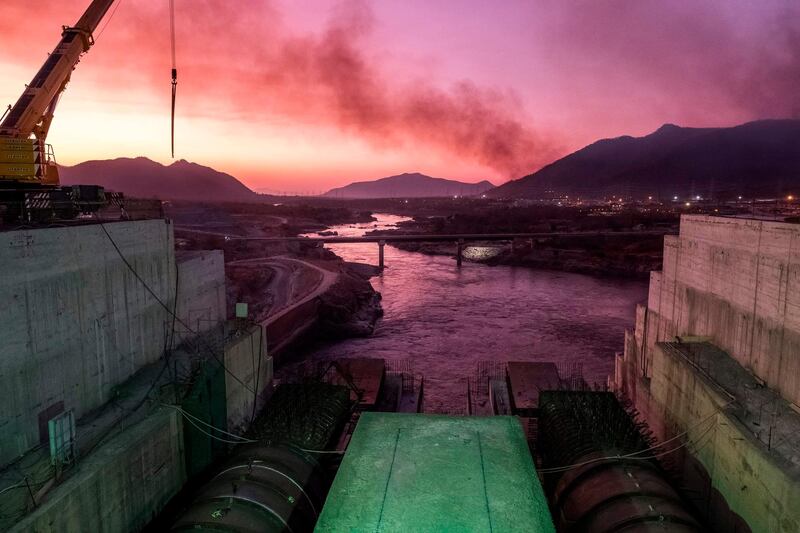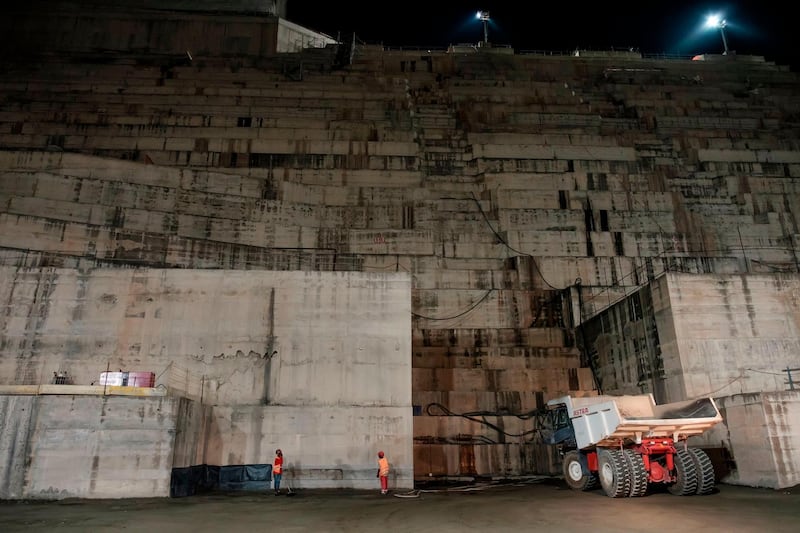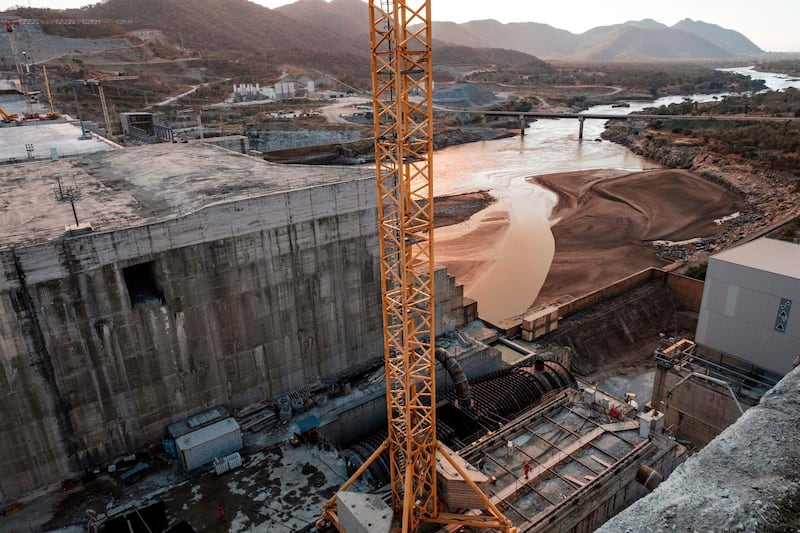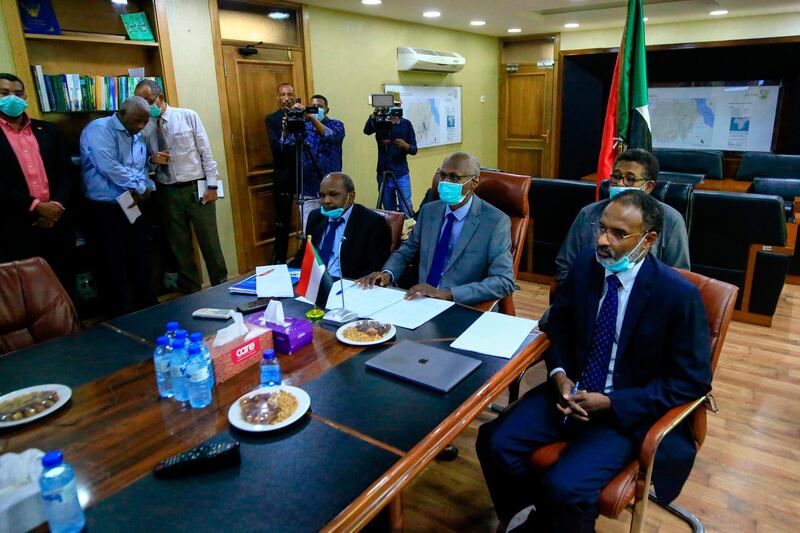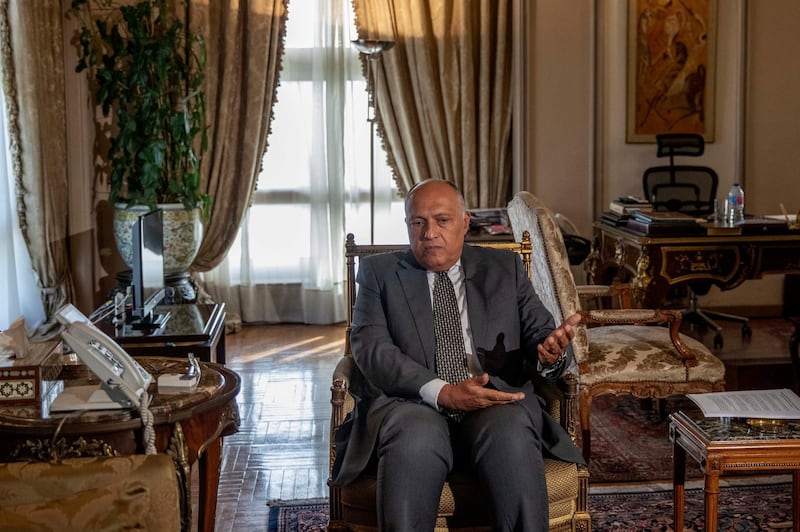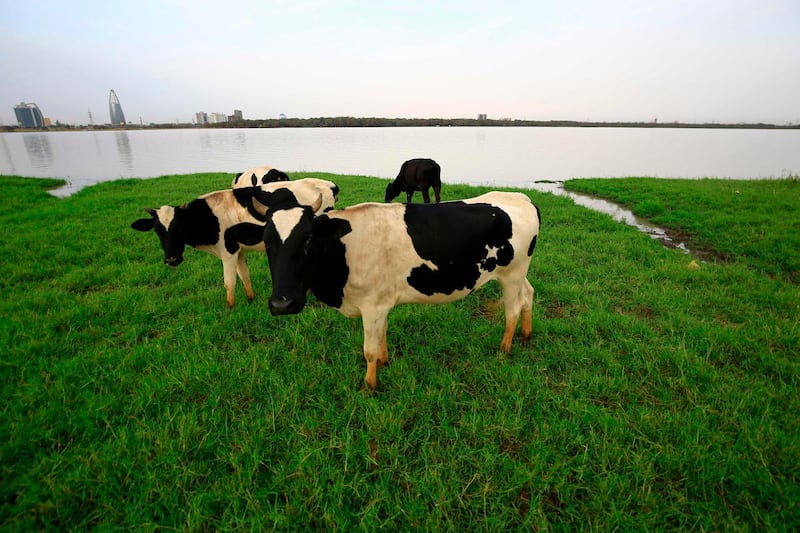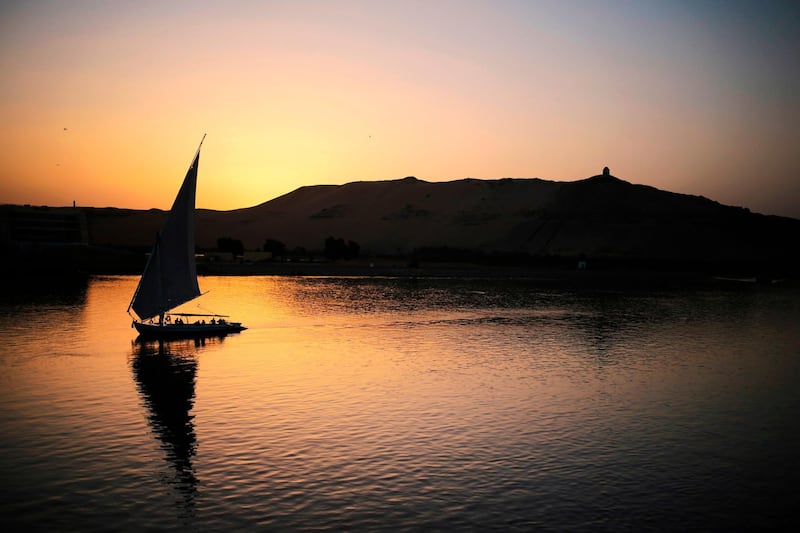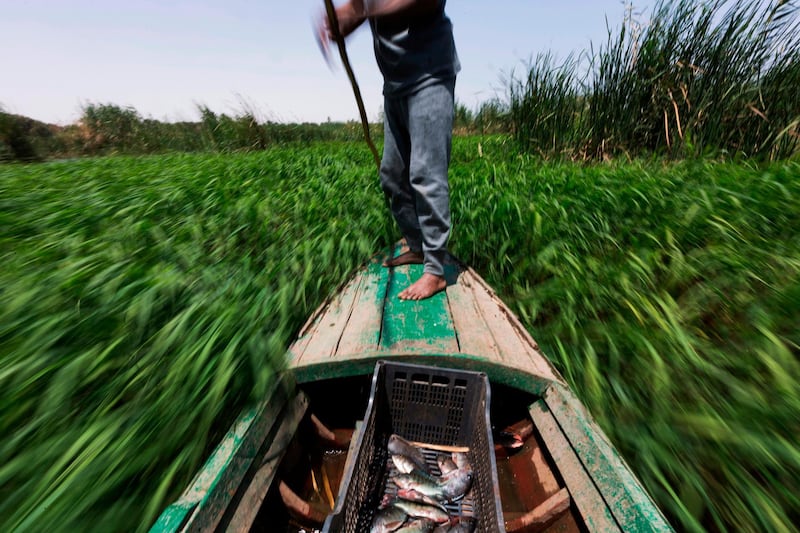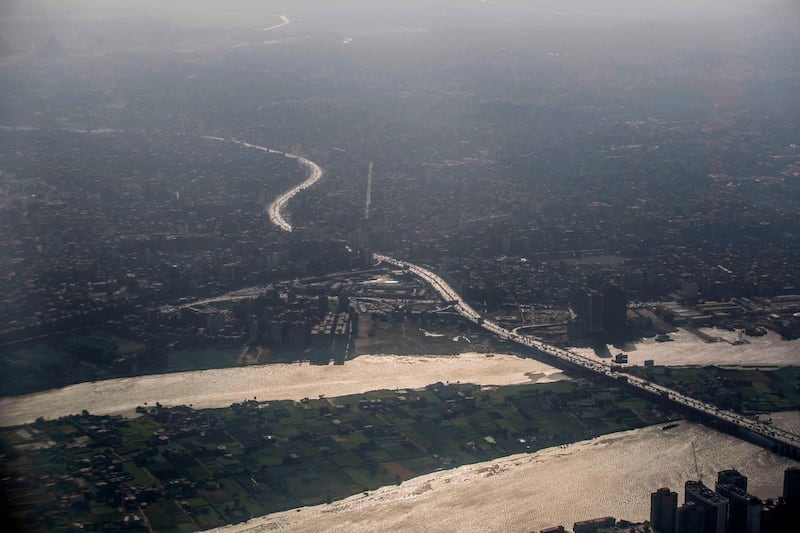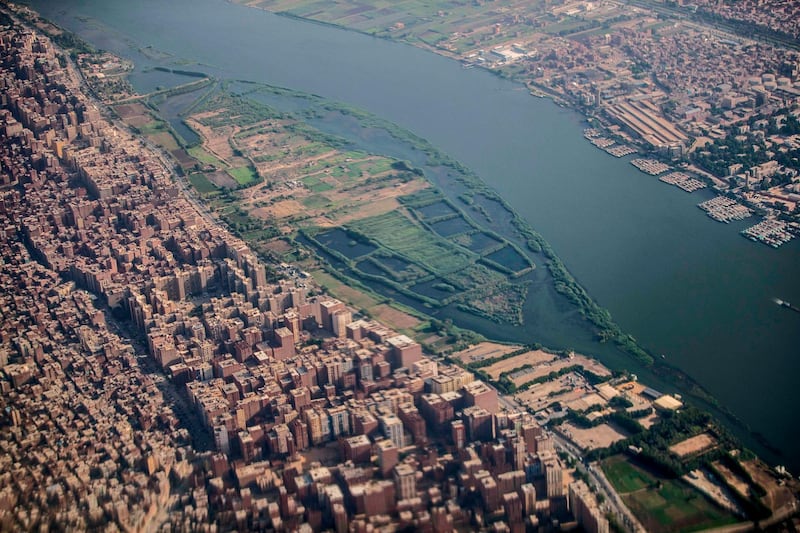Negotiations between Egypt, Sudan and Ethiopia over the operation of the Grand Ethiopian Renaissance Dam on the Nile collapsed when Sudanese delegates insisted that African Union experts be given the task of finding an agreement.
Egypt's Foreign Ministry said Cairo and Addis Ababa rejected the Sudanese proposal, arguing that the experts were not qualified to carry out the task.
The AU, represented by South Africa in its capacity as the organisation's chair, has sponsored the talks for the past year.
"The meeting failed to make any progress … because Sudan insisted that experts appointed by the AU be mandated to propose solutions to contentious issues and finalise a draft agreement," the ministry said late on Sunday.
“The African Union experts are not specialists in the engineering and technical fields relevant to managing water resources and operating dams."
Sunday's meeting brought together the foreign and water ministers from the three Nile Basin nations. No date has been set for future talks, throwing the entire process into the by-now familiar uncertainty that has bedevilled the process since it began a decade ago.
"Will Ethiopia accept the views of the AU experts? I doubt that very much," said Hani Raslan, an expert on African affairs from Egypt's Al Ahram Centre for Political and Strategic Studies.
“The negotiations have become absurd and the African Union has neither a carrot nor a stick to use.”
While no comment was immediately available from Ethiopia on the latest stalemate, Sudan appeared unwilling to budge.
Yasser Abbas, Sudan's Minister of Irrigation and Water Resources, said late on Sunday that the ministerial meeting could not agree on a change in the negotiating process to expand the role of the AU experts.
“Sudan cannot continue in the vicious circle of these negotiations,” he said.
When completed, the dam will be Africa's largest and will eventually generate 6,000 megawatts of electricity. Ethiopia says the dam will lift millions of its citizens out of poverty, energise its economy and make the country an important exporter of electricity in Africa.
Egypt, which relies on the Nile for more the 90 per cent of its water needs, regards the dam as an existential threat and, with fellow downstream nation Sudan, has been trying to persuade Ethiopia to enter a legally-binding deal on the dam's operation. Cairo also wants mechanisms to resolve future disputes and persistent droughts.
For Sudan, the absence of co-ordination on the operation of the dam built fewer than 20km from its border could potentially spell disaster for its eastern breadbasket region through flooding and the disablement of its own hydroelectric dams on the Nile.
Ethiopia favours recommendations, rather than a binding deal.
It said it intends to go ahead with a second filling of the dam's reservoir with or without an agreement with Egypt and Sudan. It has also been seeking to broaden the negotiations to involve other Nile Basin nations to reach a new water-sharing deal to replace colonial-era agreements.
In its defence, Addis Ababa accuses Egypt of unjustly taking the lion’s share of the Nile waters, clinging to antiquated agreements that ignored the needs of other Nile Basin countries.
